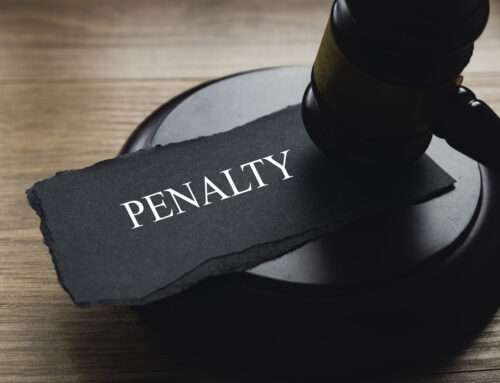Court proceedings in family law matters typically follow the same process: applications for property or parenting orders are filed, if matters are not resolved by consent (either at mediation or by direct negotiation), the Judge decides the outcome after a hearing/trial.
At trial, the Judge will hear the evidence, as well as the legal submissions of (or on behalf of) the parties. Finally, the Judge will make his/her decision on the outcome – that is, (s)he will make Orders finalising your property and/or parenting matters.
But what happens if you think the Judge got it wrong?
If you do not agree with the orders made by the Judge, you may be able to appeal their decision.
However, an appeal requires you to establish that there has been some error of law or miscarriage of justice in the original proceedings. You cannot file an appeal on the basis that you just didn’t like the original Judge’s decision.
Appeals are set out in Part X of the Family Law Act 1975 (“the Act”). If the decision was made by a Judge in the Federal Circuit and Family Court of Australia exercising original jurisdiction under the Act (or a decision of a judge refusing to disqualify him/herself from further hearing a matter), the usual process is to appeal to the Full Court of the Family Court of Australia (unless the Chief Judge considers it appropriate for a single judge to hear the appeal).
You also need to establish whether you can appeal the decision as of right, or whether you need leave to appeal. You can appeal as of right from any final decree or an interlocutory decree in relation to a child welfare matter (being a matter relating to the persons with whom a child is to live, spend time with or any other aspect of parental responsibility). An appeal can only be by leave from any prescribed decree, being “an interlocutory decree (other than in relation to a child welfare matter)”. Decree means decree, judgment or order, and includes an order dismissing an application or a refusal to make a decree or order.
You will also need to file your Notice of Appeal, in the correct registry, within 28 days of the Order you are appealing being made.
In preparing your Notice of Appeal, you must consider whether you have established the necessary grounds for an appeal. That is, has the Judge made an error of law or has there been a miscarriage of justice?
Questions to ask yourself, which may in turn establish whether you have grounds for an appeal, include but are not limited to:
- Has the Judge failed to give adequate reasons for his/her decision so as to make it impossible for the appellate Court to determine whether or not the conclusion was based on an error of law?
- Has the Judge made a decision where there was no jurisdiction to make that decision?
- Has the Judge prejudged some (or all) of the issues before the completion of evidence?
- Has a party been denied procedural fairness?
- If you allege that the Judge has made an error of fact, is that error something that may have influenced the outcome of the proceedings?
Whether or not there are grounds for an appeal and/or there are reasonable prospects of success will depend on the individual characteristics of your case. You will need to ensure that your Notice of Appeal sets out all of the grounds of your appeal.
Notably, if it appears to the appellate Court that, having regard to the grounds set out in your Notice of Appeal, the appeal has no reasonable prospect of success, your appeal (or that particular ground) may be dismissed.
It does not automatically follow that, once you have commenced an appeal, the proceedings you are appealing will be stayed. You will need to make an application for a stay after the appeal has been started.
In deciding your appeal, the Family Court may affirm, reverse or vary the decree or decision that is the subject of the appeal. It may substitute its own decision or decree in place of the original decision, or if it considers it appropriate, may order a re-hearing on such terms or conditions it considers appropriate.
In deciding your appeal, the Family Court may affirm, reverse or vary the decree or decision that is the subject of the appeal. It may substitute its own decision or decree in place of the original decision, or if it considers it appropriate, may order a re-hearing on such terms or conditions it considers appropriate.
Note the following strict time frames which you will need to adhere to if you file an appeal:
- You must file your Notice of Appeal (together with a copy of the Orders being appealed) within 28 days of the Order being made.
- Your Notice of Appeal must be served on each party within 14 days after it is filed
- The Respondent (other party) may file a cross-Appeal within 14 days of service of the Notice of Appeal or 28 days of the Order being appealed
- You must file a draft index to appeal book within 28 days of filing an appeal.
Are you considering appealing a decision? Contact one of our solicitors today to discuss your options.






